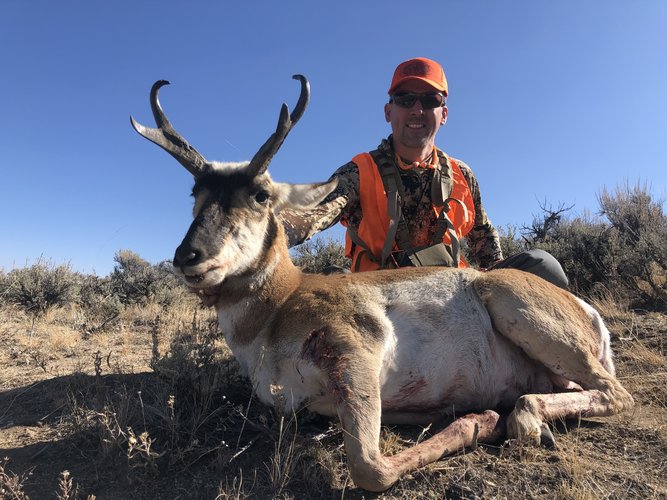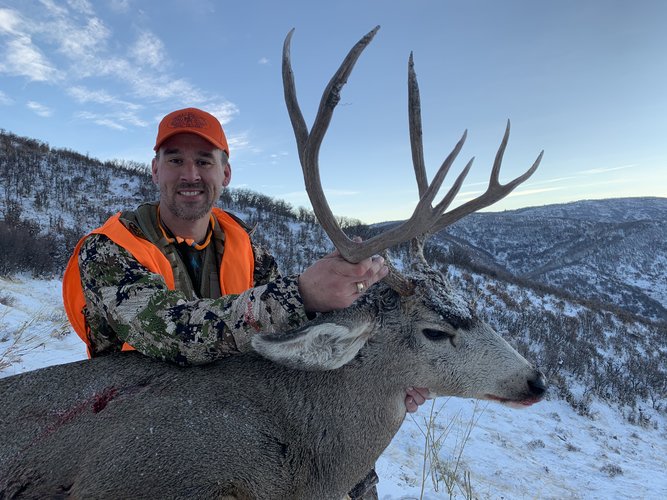SPDSpappy
Active member
You have a point about what they eat for sure! I know when I read through the Elk & Elk Ecology book @Big Fin recommends and jotted down their foods, I didn’t know what 90%+ of what those plants/bushes are, let alone how to distinguish Blue wildrye from Millet woodrush...This, plus @Bambistew post and I have very little to add, except that you will see many animals on your guided trip, and there are multiple reasons those animals are there at that time. If you try to replicate a later hunt in a very similar-looking terrain at the same time of year you may not see nearly the same amount of game. This all goes back to ecology of each species - their unique need for security, food, water, and mating which @Big Fin emphasizes. One detail of that equation might be different causing the animals to be elsewhere, e.g. higher pressure alters how they find security, invasive plant displaced what they prefer to eat in that habit, less or more rain in that area that year changing their watering habits, etc. The more you understand the species as an animal, you learn to know how they use the landscape different times of year, and thus target your efforts. You learn to “think” like them.






